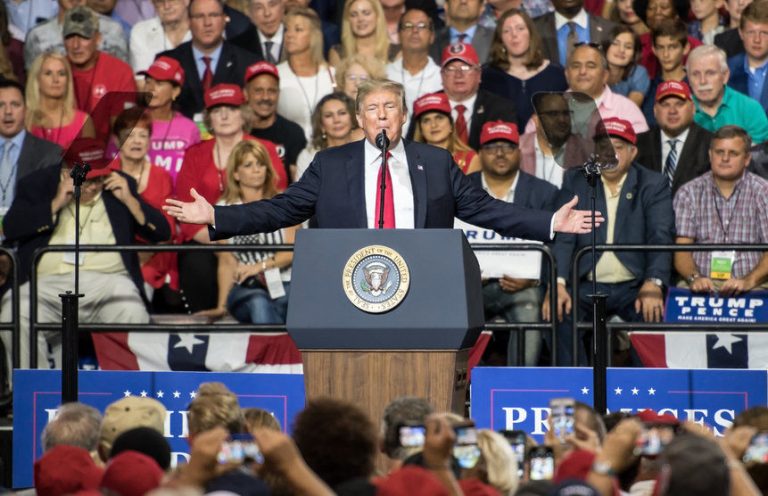US President-elect Donald Trump has demanded that Panama reduce its canal fees for American ships or face calls to return the Panama Canal to US control.
Addressing a crowd of supporters in Arizona, Trump criticized Panama’s pricing policies as “exorbitant” and “highly unfair,” claiming they impose an undue burden on American shipping and naval operations.
“The fees being charged by Panama are ridiculous, highly unfair,” Trump remarked during the event, which was organized by Turning Point USA, a conservative activist group that played a pivotal role in his successful 2024 campaign.
Trump’s comments have sparked diplomatic tension, with Panamanian President José Raúl Mulino swiftly rejecting the demand, stating that Panama’s sovereignty over the canal is “non-negotiable.”
Mulino emphasized that “every square meter” of the canal belongs to Panama, highlighting the nation’s hard-earned independence in managing the vital waterway.
Who owns the Panama Canal?
Trump’s rhetoric marks a rare instance of a US leader suggesting a potential territorial demand. While he did not specify how such a transfer would be achieved, his statements suggest a dramatic shift in US foreign policy under his administration.
The Panama Canal, a crucial link between the Atlantic and Pacific Oceans, was built by the United States in the early 20th century and remained under US control until 1999, following a phased handover agreement signed in 1977.
Trump described the canal as a “vital national asset” and hinted at aggressive measures should Panama fail to lower shipping fees.
“If shipping rates are not lowered,” he said, “we will demand that the Panama Canal be returned to us, in full, quickly and without question.”
The canal remains an economic lifeline for global trade, accommodating around 14,000 ships annually. Its strategic importance for US military and commercial interests has long been acknowledged, but Panama has fiercely guarded its autonomy over the waterway since gaining full control.
Trump’s fiery rhetoric drew sharp rebukes from Panama and raised eyebrows globally.
Trump’s warnings: is he serious?
Trump’s remarks also underscore his broader stance on trade and international relations.
During the same speech, he criticized Canada and Mexico for “unfair trade practices” and accused them of allowing drugs and migrants to flow into the United States.
While he acknowledged Mexican President Claudia Sheinbaum as a “wonderful woman,” his comments hinted at a continuation of his combative trade policies from his previous administration.
The speech, delivered at Turning Point USA’s annual conference, echoed Trump’s signature campaign themes of immigration, crime, and foreign trade.
It also avoided recent controversies over government spending and debt ceiling negotiations, focusing instead on rallying his base and asserting his vision for American leadership.
While Trump’s statements may appeal to his supporters, they signal potential diplomatic challenges ahead as his administration prepares to take office.
With his inauguration set for January 20, the international community will be watching closely to see how these bold claims translate into policy.
As Trump continues to assert his America-first approach, the world may face a new era of US foreign relations characterized by economic nationalism and unorthodox diplomacy.
For now, Panama has made its position clear: the canal is not up for negotiation.
The post Why is Trump threatening to regain control of the Panama Canal? appeared first on Invezz

